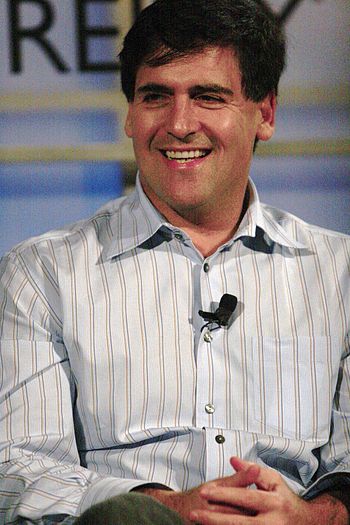As telecoms trade groups file briefs in Federal courts, objecting to the FCC’s classification of ISPs at “common carriers,” (as they did with the railroads, long ago, when Rockefeller was hustling the lines to screw his competitors), Google pointed out that all Net Neutrality means is the right for all content to be served equally slowly.
Milo Medin, a VP at Google Fiber, highlighted some of the ways in which policy could improve access to abundant broadband. His comments were reported on Fierce Telecom. Continue reading






